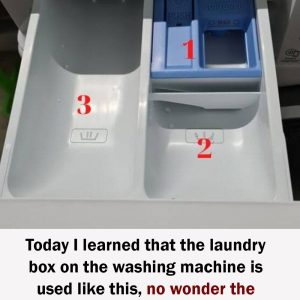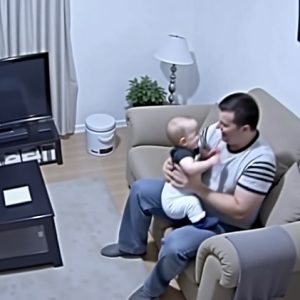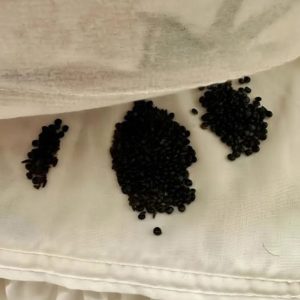After the divorce, Claire let her teenage son, Mason, move in with his dad. She didn’t fight it. She knew how important that bond was
for a boy his age, and she wanted to honor that. So she stepped back—not out of indifference, but out of love. She still called,
still texted, still waited for updates. But over time, the calls grew shorter, then stopped altogether. The silence stretched.
Then came the call from his school. His teachers were worried—missing assignments, quiet withdrawal,
a spark that seemed dimmed. Claire’s heart sank. She knew something wasn’t right. What she discovered was worse than she imagined:
Mason, barely eating, hiding his hunger and heartache behind silence. His father, once steady, had lost his job and was slowly
unraveling—emotionally absent, financially strained, overwhelmed by shame and silence. The fridge was empty, the house cold,
the warmth gone. And Mason, strong as he tried to be, had been holding it together alone. Until he couldn’t.So Claire did what mothers do.
She didn’t show up with blame or anger. She came with grocery bags, open arms, and post-it notes that read, “You’re not alone” and “You’re
stronger than you know.” She brought him home. Not with a rescue mission, but with quiet love, steady meals, patience,
and the kind of presence that doesn’t need to be announced. In time,
Mason began to return to himself. He rejoined his robotics club, started laughing again, even helped cook dinner. Little things.
Big things. Healing things. And when the end-of-year assembly rolled around and Mason was called up to receive the
“Most Resilient Student” award, both of his parents stood in the audience. They weren’t perfect. But they were there—healing, slowly,
together. Because sometimes love means stepping in, even when no one asks. And sometimes, rescue sounds as simple, and powerful, as: “Come home, baby.”





